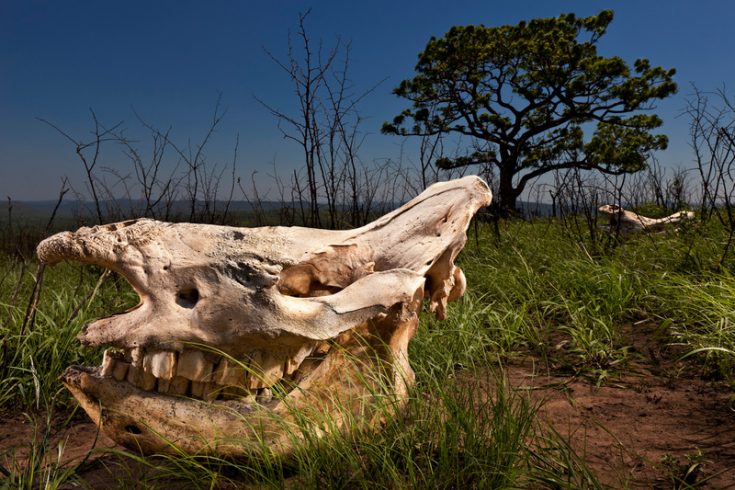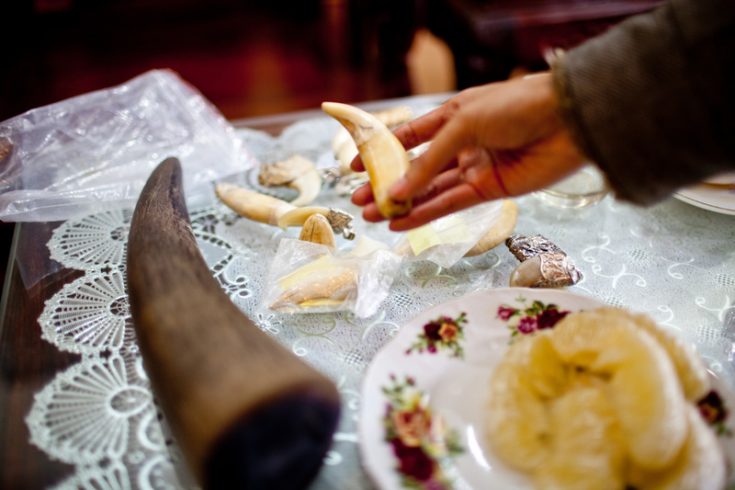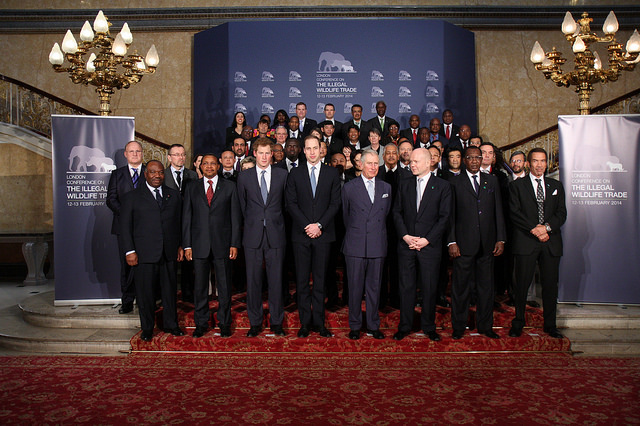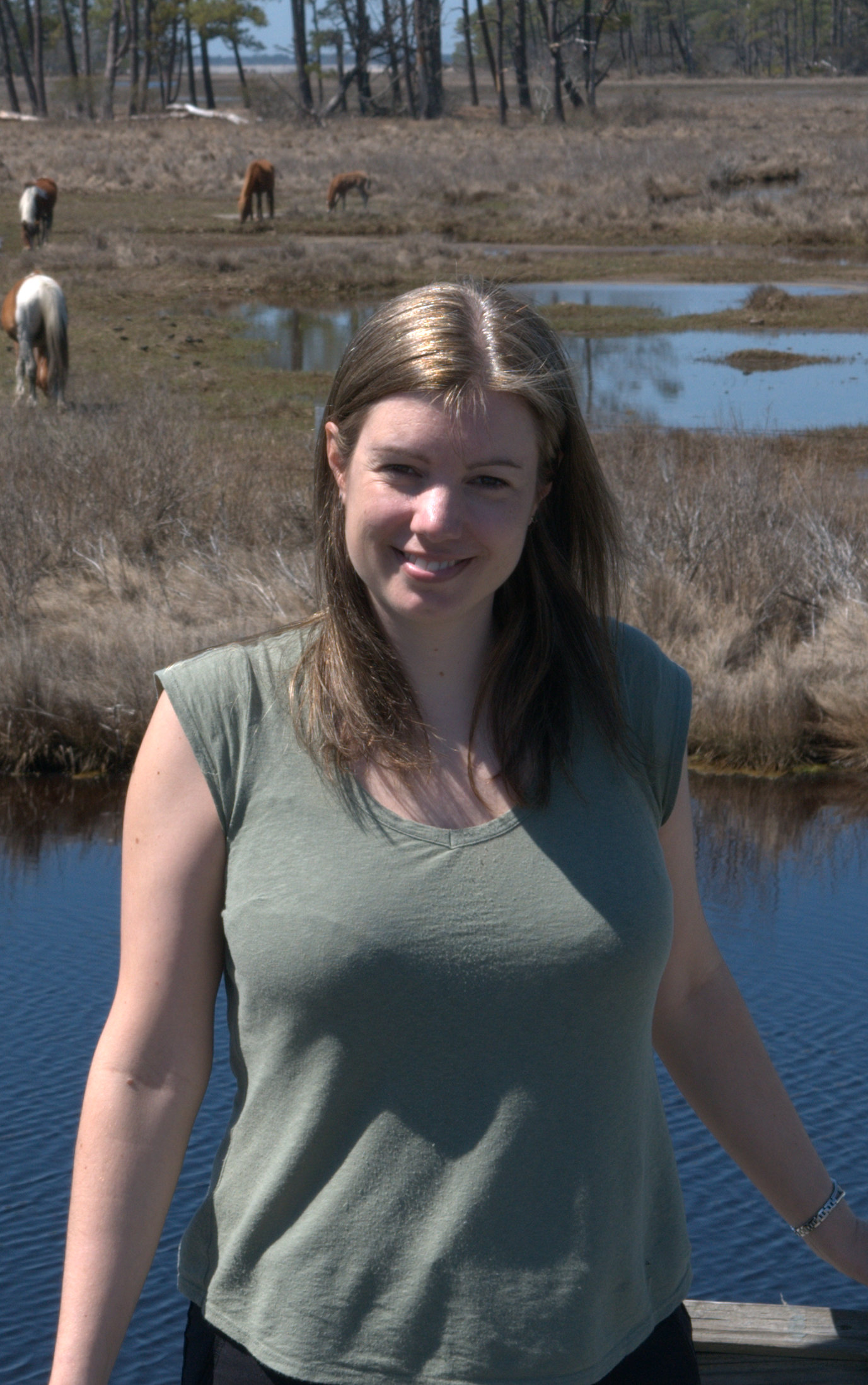November 2016
This is a trade that last year drove the killing of around 20,000 elephants and nearly 1,400 rhinos in Africa for their ivory and horn, respectively. It’s also a trade that impacts rule of law, damages national economies in some of the world’s poorest countries and threatens people who live nearby or work to protect wildlife and its habitats.

That Vietnam is hosting this conference is a positive step from the government, but they are sadly falling short when it comes to their own wildlife trade controls. So we hope they will capitalise on this opportunity to announce significant changes in their own actions. WWF has delivered a global petition, with more than 200,000 signatures, to the Vietnamese Government, calling for the closure of Vietnam’s illegal wildlife markets.
Vietnam is the main destination country for illegal rhino horn, where it is used as a symbol of status and wealth.
Last month, I returned from the Conference of the Parties (CoP) to the Convention on International Trade in Endangered Species of Wild Fauna and Flora (CITES) where governments worldwide agreed that Vietnam has to show progress in tackling its rhino horn trade next year, or face the threat of trade sanctions. It is one of four Asian countries – the others being Laos, Thailand and China – of concern for the growth of tiger breeding facilities that are feeding the illegal tiger trade. And just last month its role in the illegal ivory trade was evident from a seizure of over four and a half tonnes of ivory.
 Part of the problem is that law enforcement is weak, as demonstrated by the fact Vietnam has not reported a single prosecution of an ivory or rhino horn trafficker. Even more evidence is being discussed right now at a public hearing in The Hague, The Netherlands, organised by the Wildlife Justice Commission, an NGO that has investigated the involvement of organised criminal networks in wildlife trafficking in Viet Nam.
Part of the problem is that law enforcement is weak, as demonstrated by the fact Vietnam has not reported a single prosecution of an ivory or rhino horn trafficker. Even more evidence is being discussed right now at a public hearing in The Hague, The Netherlands, organised by the Wildlife Justice Commission, an NGO that has investigated the involvement of organised criminal networks in wildlife trafficking in Viet Nam.
But this is a perfect time for the government of Vietnam to announce adoption of concrete actions and timely plans to tackle poaching, illegal trade and consumption within the country. Hopefully this will lead other governments to follow their example, and agree to include in the Hanoi Statement – the official document from the conference – actions to eradicate the markets, strengthen legislation, improve law enforcement and enhance sustainable livelihoods and economic development to halt the poaching and illegal trade.

This conference is the opportunity for all attending governments to focus on those tangible actions needed to deliver the commitments to tackling illegal wildlife trade made at the London Conference in 2014 and Kasane Conference held in Botswana in 2015. Those conferences demonstrated good political will on this important issue. WWF hopes the conference this week will report on good progress already in implementation of those commitments. And further build on those to generate urgent and real action on the ground that will have effective and sustained impact on the poaching of our precious global wildlife.
Find out more about how WWF are tackling illegal wildlife trade.
Heather Sohl
Member of Link's Wildlife Crime and Trade Group
Chief Wildlife Advisor, WWF-UK
Find me on twitter @heathersohl
Aspects of this blog were originally published on another website
The opinions expressed in this blog are the author’s and not necessarily those of the wider Link membership




Latest Blog Posts